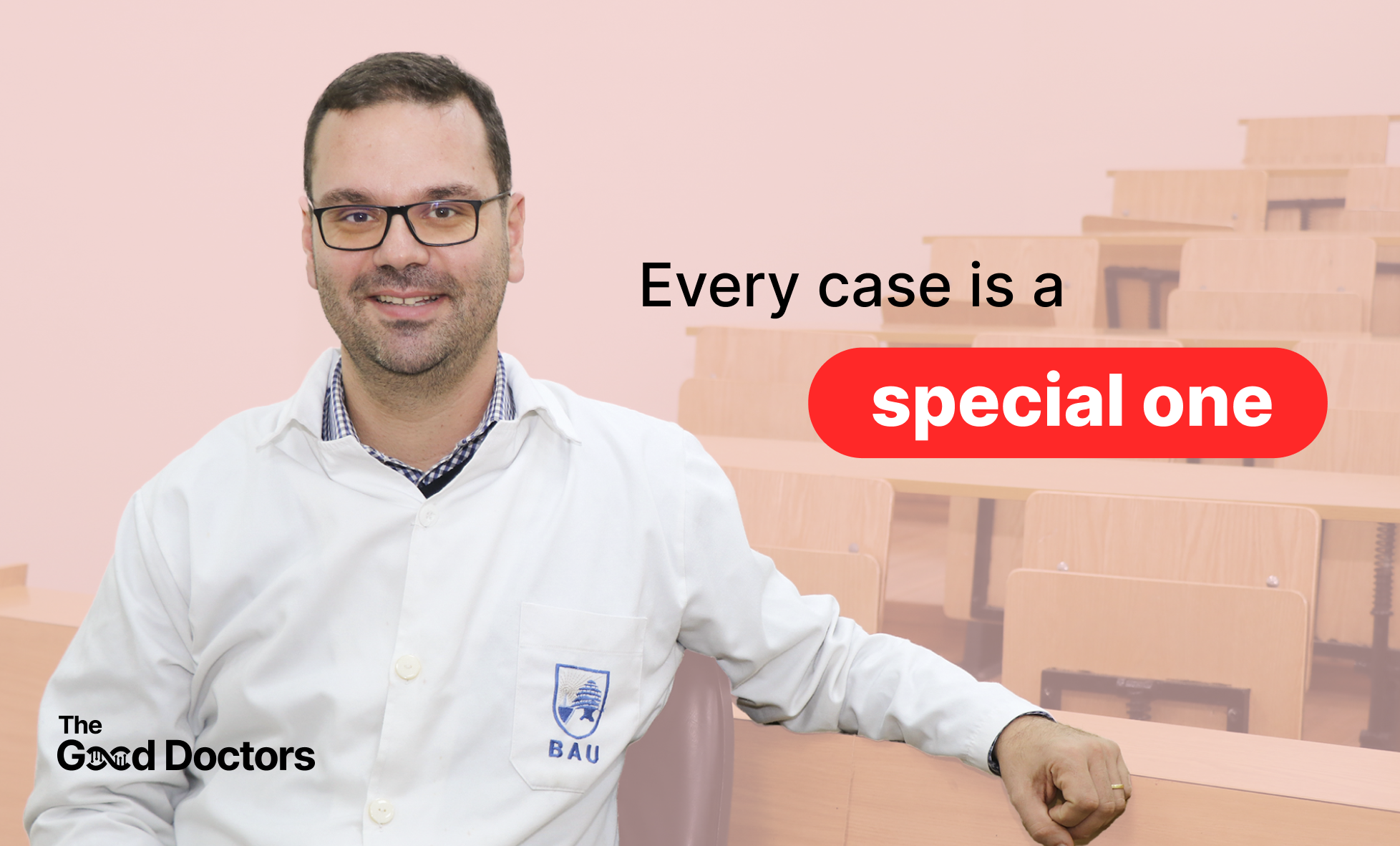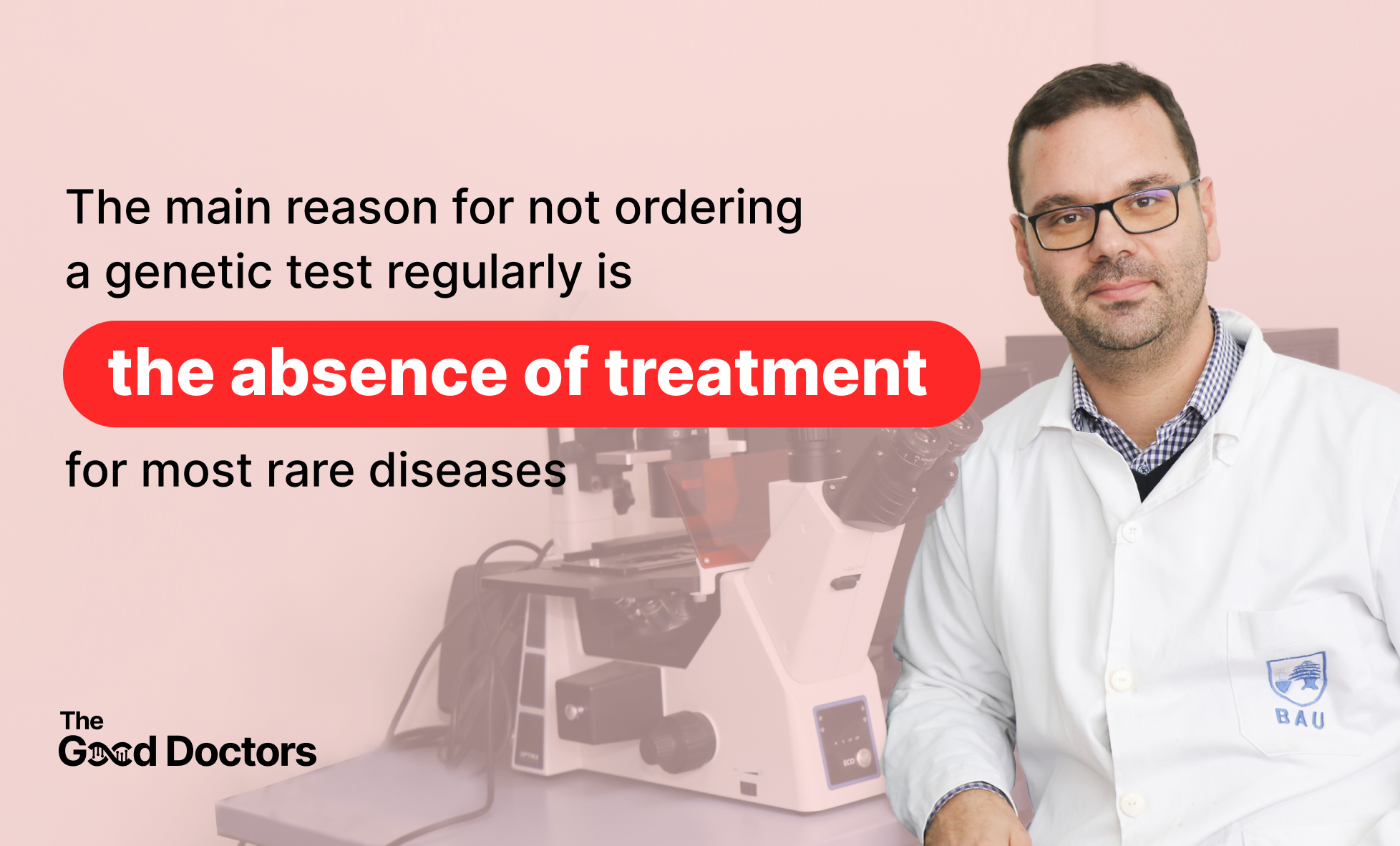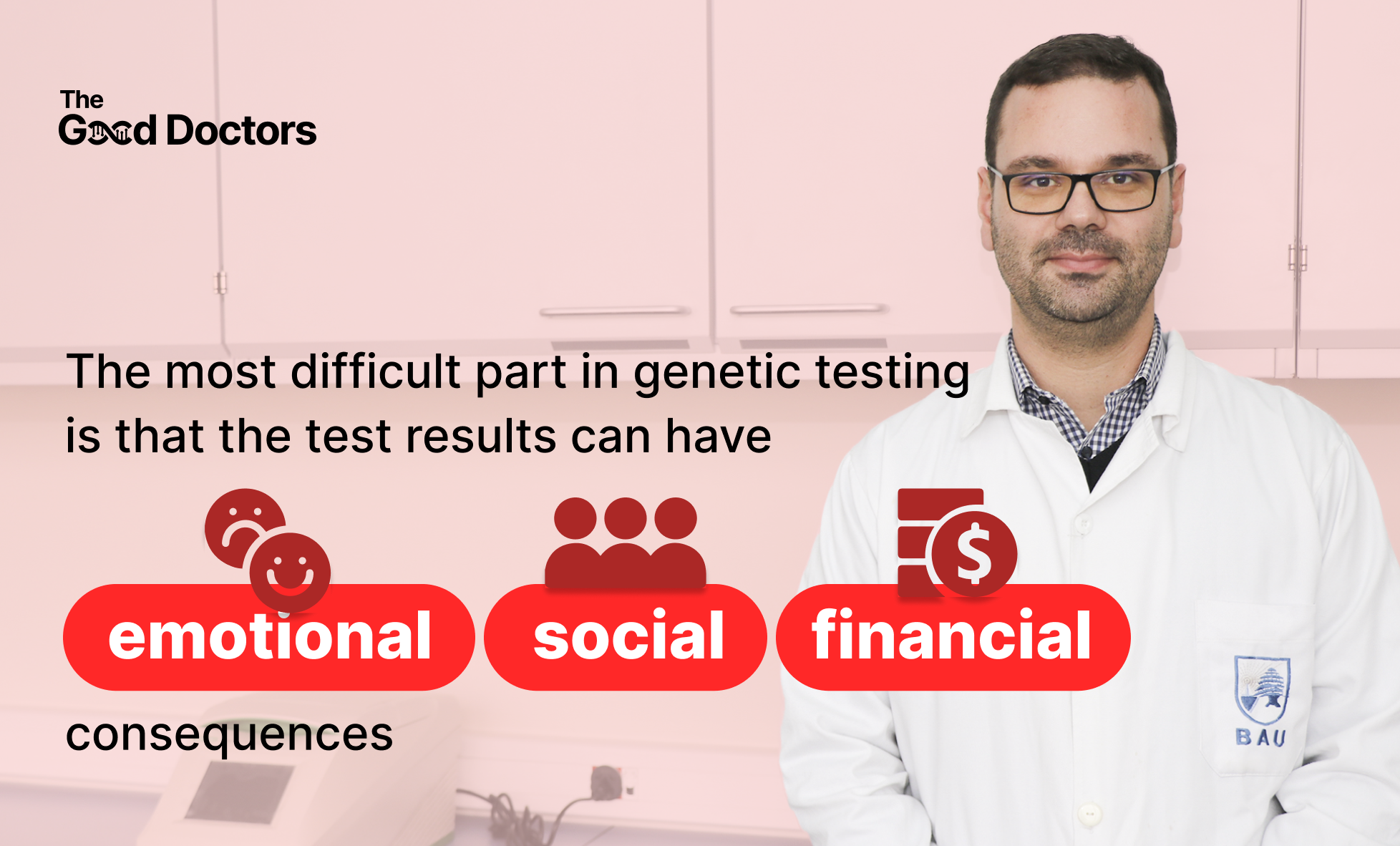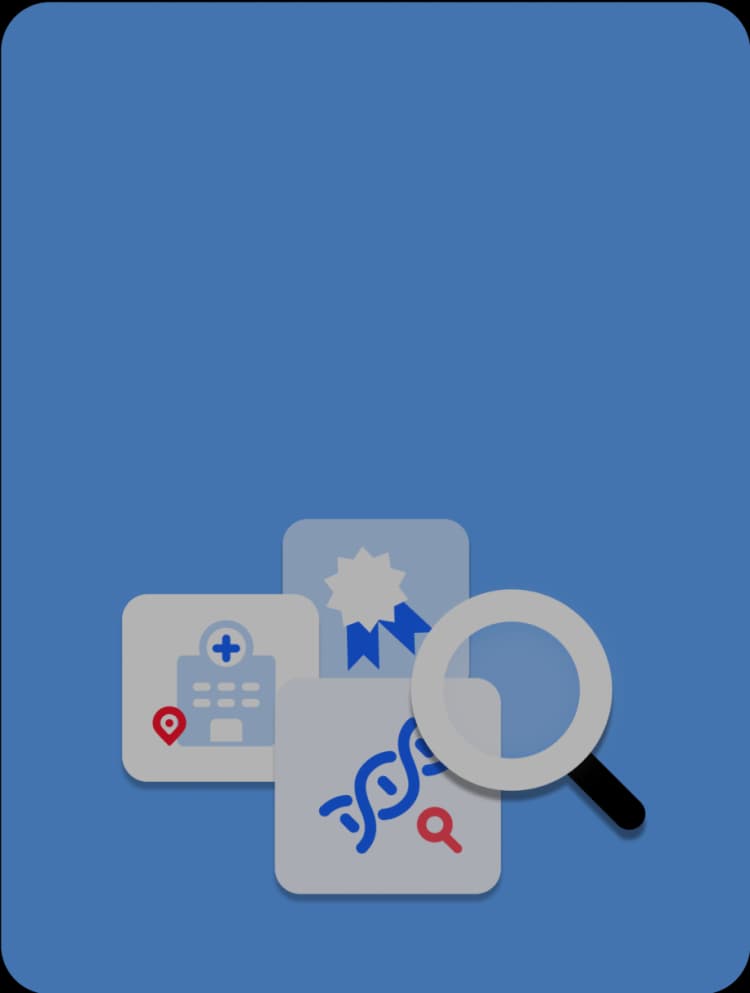Meet the Clinical Geneticist, Dr. Said
‘The Good Doctors’ is a programmed series of interviews to meet doctors who encounter patients with rare diseases every day and hear their stories. These interviews were planned to provide better insight for physicians by asking how genetic testing for rare diseases is conducted, how it’s used at their clinics, and how it can be improved.
Our fourth guest is clinical geneticist Dr. Said from Beirut Arab University, Lebanon.
Dr. Said is currently an Associate Professor in the Faculty of Health Sciences of Beirut Arab University, one of the top five universities in Lebanon. He received his Ph.D. in Human Genetics from Université de Lorraine (France) and completed his postdoctoral fellowship at Institut de la Vision (France). He has published more than 60 articles in various journals. Dr. Said’s research areas of interest include genotype-phenotype associations to identify genetic variants associated with inherited retinal diseases.
Juan from our global sales department led the interview.
How did you start your journey as a clinical geneticist?
My journey as a researcher in human genetics started in 2009 at the University of Lorraine, France. I was doing a Ph.D. that focused on understanding blood pressure genetics, a complex phenotype where genetics has a role but remains relatively modest. In 2012, I started a post-doctorate fellowship at the institute de la vision, Université Pierre et Marie Curie in Paris. There, I dived into rare diseases (retinitis pigmentosa specifically), where clinical genetics plays a more significant role.
How do you see yourself as a researcher?
I think my acquaintances are in a better position to answer this question. Nevertheless, since you asked, I do my best to make genetic testing affordable in clinics and research. The continuous decrease in the sequencing cost and the excellent cooperation between clinicians and genetics make this goal closer than expected.
How did you get interested in genetics
My first encounter with genetics was at middle school with the laws of Mendel. I was fascinated with the ability to predict the descendants’ phenotype even before this happened. This observation triggered my curiosity in this discipline.
What is the demand for genetic testing in Lebanon?
I cannot answer precisely how frequently genetic testing is ordered in Lebanon since I specifically encounter individuals with different types of inherited retinal diseases. Indeed, I am receiving more and more requests for genetic testing lately. Ten years ago, no one would have heard about genetic testing.
For genetic counseling purposes, I receive more requests than test performing, mainly because genetic testing is not covered by health insurance even if recommended by a clinician.
Is there a special case you remember of diagnosing through genetic testing?
Every case is a special one. We encounter many situations where parents are worried about their affected daughters being socially ostracized from making families due to the risk of having affected offspring(s). By undergoing the genetic test, we can prove that in most cases, the condition will not have a serious risk of passing to children unless the person marries a close relative.

Do you think there is a reason doctors may not be receptive to new diagnostic technologies?
Yes, the main reason for not ordering a genetic test regularly is the absence of treatment for most rare diseases. Another reason is that insurance companies do not cover genetic testing in most developing countries.

For clinical geneticists, what should they look for to suspect a rare disease?
Worsening symptoms, the occurrence of new symptoms, ineffectiveness of prescribed treatments, or unexplainable progression of the disease are all arguments for suspecting a rare disease.
What is the most difficult part of using genetic tests for diagnosing rare genetic diseases? Are there areas that should be improved?
The most difficult part in genetic testing is that the test results can have emotional, social, or financial consequences. Concerned individuals may feel angry, depressed, or even anxious from being stigmatized. In some cases, genetic testing creates tension within a family because the results can reveal information about other family members and the person tested.
I think in countries like mine (Lebanon), what should be improved is the genetic counseling behind these tests (which does not exist yet). As you know, genetic testing in many cases cannot determine if a person will show the symptoms, or how severe the symptoms will be, or whether the disorder will progress over time. Genetic counseling is thus vital in explaining all these factors to any person considering genetic testing.

What can diagnostic companies do to help doctors more?
Diagnostic companies can make their reports more user-friendly and medical-oriented which will encourage the clinicians to order these tests. I know that at 3billion you already did a lot of work on this issue.
What can diagnostic companies do to help patients more?
For patients, one good option is to make genetic testing more affordable for patients who do not benefit from health coverage. This is a serious case facing many patients from developing countries. Therefore, a special discount on case-by-case basis could be offered for a limited number of individuals.
What do you hope to achieve in the future as a researcher?
My goal is to make genetic testing more accessible for all concerned individuals, as diagnosing someone’s condition will significantly impact his/her life. By sequencing the maximum of concerned individuals, we can determine the prevalence of all the inherited retinal diseases in Lebanon (expected to be high because of consanguinity). This can re-shape the public health policies by shedding more light on these ‘prevalent’ yet rare diseases.
How would you describe 3billion in 1 sentence?
3billion is a continuously evolving company that provides its patients with the best health care service.
Get exclusive rare disease updates
from 3billion.

YoonJung Shin
Content Marketer






